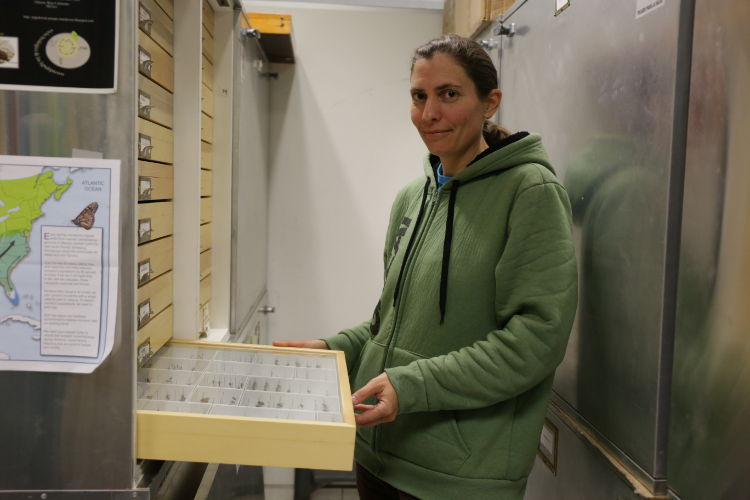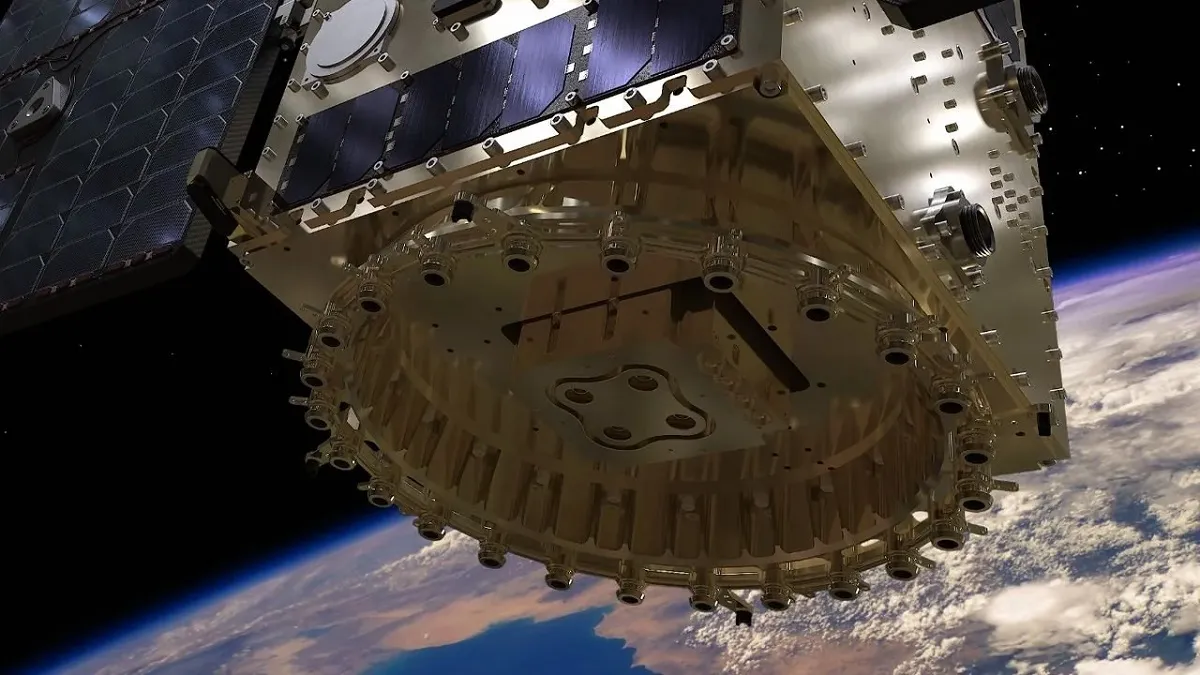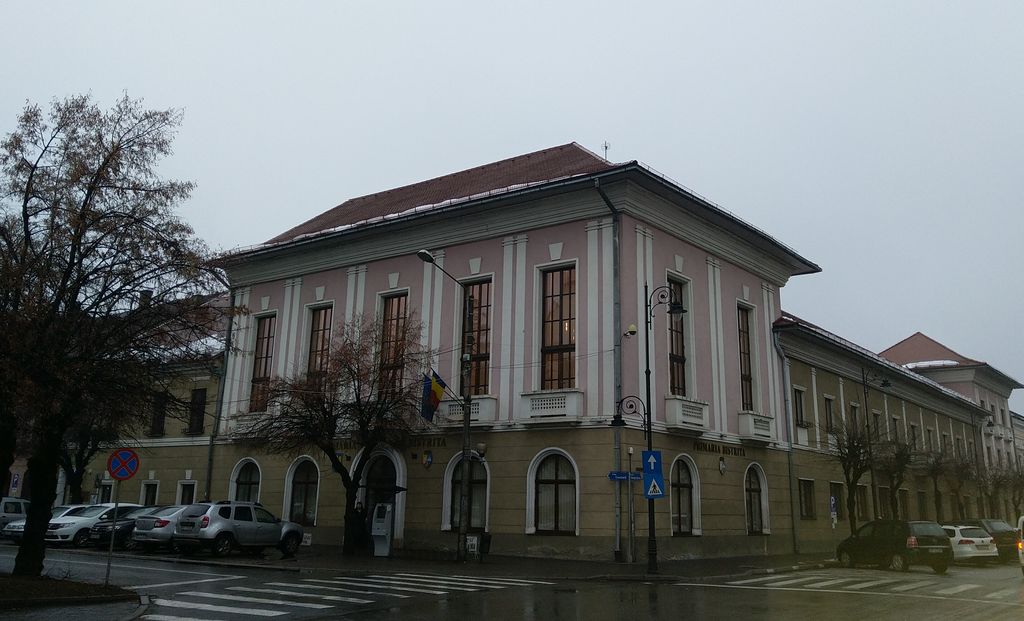It is possible to respond to and mitigate climate change from different regions, but whatever it is, it requires women’s participation to succeed in studying, designing and implementing strategies.
Academics at CICESE who contribute to the generation of scientific knowledge about aspects of climate change agree on this, from developing long-term climate scenarios and studying extreme events, to the impacts they have on marine and terrestrial fauna in Lower California.
Given the essential role of women in responding to and mitigating climate change, this year the United Nations celebrates International Women’s Day under the theme “Gender Equality Today for a Sustainable Tomorrow”.
The United Nations warns that “without gender equality today, a sustainable and equitable future will remain elusive.”
Teresa Cavazos: Scientific knowledge for decision makers
Teresa Cavazos-Perez has been a researcher at CICESE for 20 years who is dedicated to the study of climate change, particularly to developing scenarios for what is expected by the end of the twenty-first century.
Currently, the specialist warns that forecasts indicate that by the end of the century the temperature of the planet will rise by four degrees, so it is necessary to promote radical changes from society and governments alike.
“The human impact is so massive in the environment that we are seriously impacting our ecosystems,” he says.
In addition to the research she develops, Teresa Cavazos participates in national and international scientific committees. Her participation in committees is the result of a paradigm shift as a scientist, realizing that it is necessary not only to produce knowledge, but to give it the treatment that makes it accessible to decision makers.
Sarah Chicarelli: Preserving arthropods in the face of climate change
The climate crisis that the planet is going through is causing extreme events: droughts, floods and fires, to name a few. These phenomena have repercussions on plant and animal life. Arthropods are no exception.
Sarah Fadia Cicarelli, a researcher from Mexico (formerly Chairs Kunaset) attached to CICESE, is investigating the impact of climate change on the diversity and distribution of terrestrial arthropods in Baja California, particularly bees and jumping spiders.
“Being the most diverse group of animals, they participate in all ecosystems and perform a great variety of functions, and the one that immediately comes to mind is that of pollinators,” says the zoologist.
Changes caused by the climate crisis make it urgent to collect data to monitor and compare how arthropod populations and their distribution will change in the Baja California peninsula in the future.
Carmen Rodriguez: Know to respond
Marine biologist by training, Carmen Rodriguez is a CICESE specialist who conducts age, growth, reproduction and satellite labeling studies that form the basis of demographic and distributional analyzes of bony fish and sharks.
This information provides the raw materials for analyzing climate change and discovering how this phenomenon affects the marine fauna of the Baja California Peninsula.
“The ecosystems of the Baja California coasts are important from an economic, ecological and social point of view, which is why it is necessary to study them to make better use of them with a view to sustainable use,” says Carmen.
More women, more solutions
With 20 years of experience in science development from CICESE, Carmen Rodríguez considers it essential to continue to encourage girls and women to participate in scientific activities.
“It is important to educate and involve girls from an early age in science-related activities, which arouse their curiosity to study and improve the environment around us. Currently there are women who are working hard in the field of science. However, on many occasions their work is not recognized and I consider it very important that Evaluate them in a fair manner,” she confirms.
Although she is aware that the participation of women in her field of research is increasing, Teresa Cavazos stresses that the gap between men and women remains wide and demands that more girls and young people take care of the environment.
In the world of work and education, CICESE still needs to do justice: 525 people perform essential work: 202 women and 323 men, working as administrative staff, technicians and researchers.
The research workforce is 228 CICESE or Conacyt-contracted researchers: 51 women versus 177 men.
The total number of students currently enrolled in this center is 535 MSc and PhD students: 250 women and 285 men.
“Knowing that we still have a gender gap, it would be very helpful if there were more women interested in the scientific and technical part; there are a lot of things we still need to improve or develop, and it would be good if they were motivated to do different things in science Dr. Teresa Cavazos comments.
Participating in scientific outreach activities to raise awareness of the importance of conservation of the environment, and arthropods in particular, is the strategy that Sarah Cicarelli uses in parallel with her research work.
He concluded, “It only works if a part of the population is speaking and making decisions, whatever it may be, it is important that everyone’s voice be heard and that they see how important it is to everyone: without the environment there is nothing.” Siscarelli.





